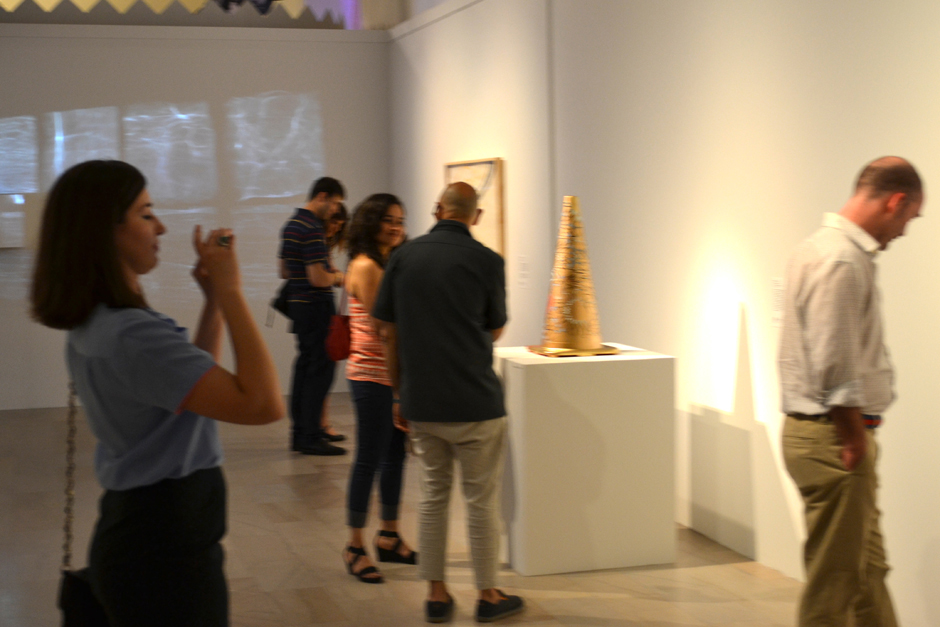In continuation of my Fizzy Dreams series, I would like to see a mix of ideas and embellishment. Fizzy Dreams Coca-Cola Signature necklaces echoes the 80s. They spelt the name of the wearer back then. The letters had a calligraphic flourish. My designs will express an idea – in a simple and easily relatable way with Coca Cola letters, which have long transpired the American landscape and is part of the global consumer iconography.
Contrary to the general assumption that these letters may be created with existing font families, each one of the Fizzy Dreams expressions were carefully hand inscribed to fit the shape and integrity of the original logo and overall design. Celebrating luxury for a cause for the enlightened consumer. Soon to debut in precious metal!
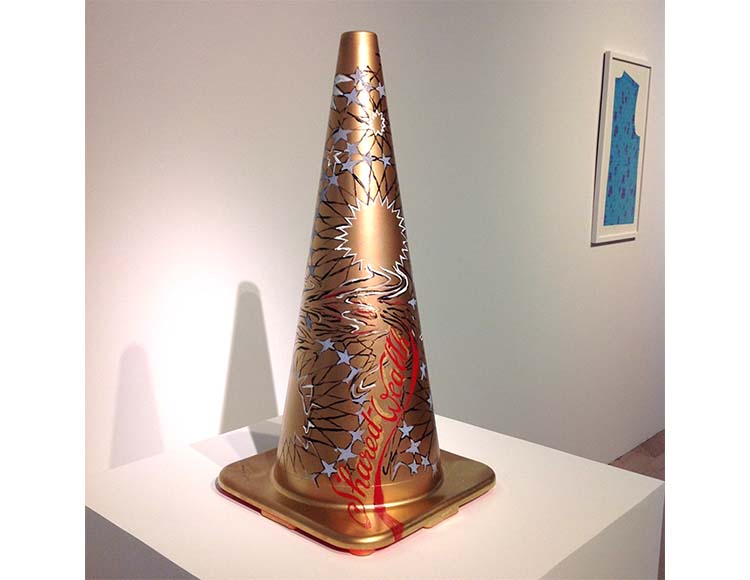
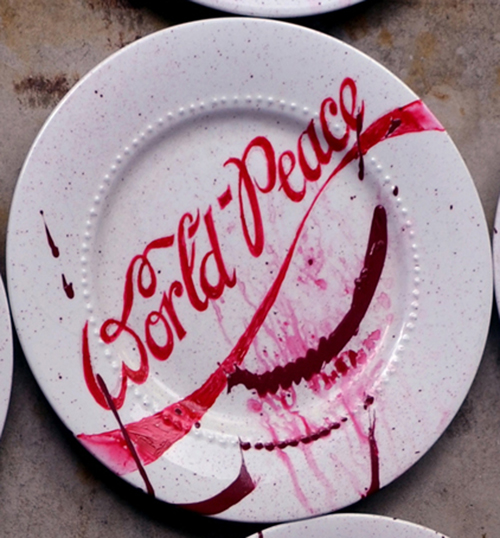
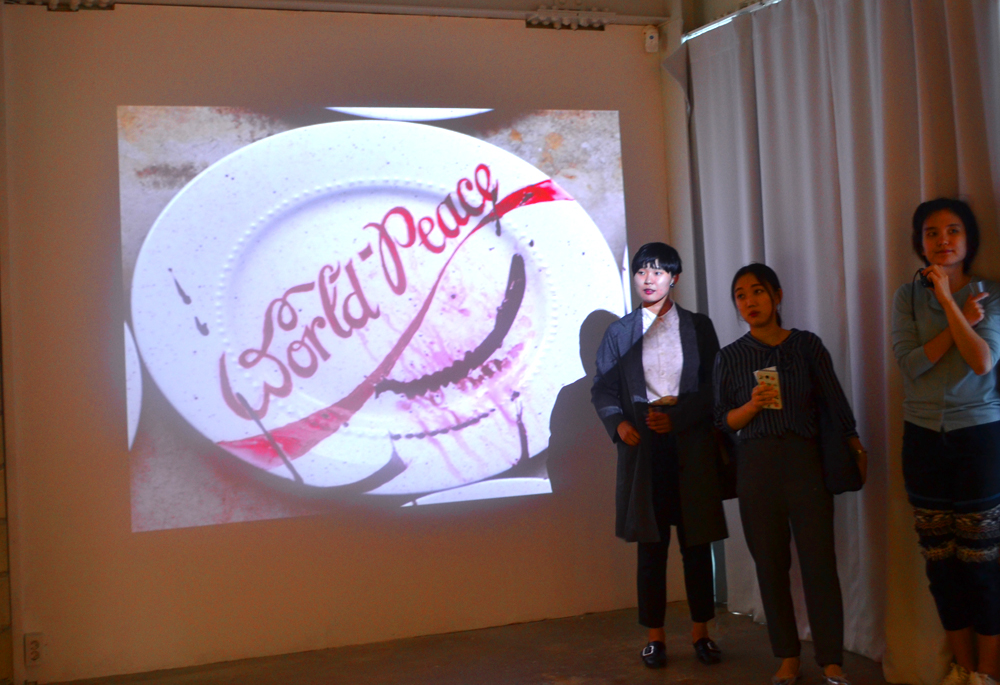
Fizzy Dreams Arts
Happy Accidents
I am a great believer in happy accidents! As a matter of fact even for things that we think we might have a great deal of control over are merely accidents. They materialize with a separate set of energy than the ones that are being deliberated. While Patterns and Predispositions have always been a part of my works, the misstep or misalignment of a set algorithm offers a detour from the expected outcome. And therein lies the scope of artistic possibilities. Precious Metal is a standalone sculptural piece with bold Coca Cola letters spelling out “Shared Wealth”. Like all works in “Fizzy Dreams”, these words are written in a familiar script. The style of lettering serves as a mnemonic in a familiar landscape of consumerism. “Fizzy Dreams in Percentages” that debuted at Maud Morgan Art Gallery in Cambridge, MA, tells a similar story.
Curator’s note, Newark Museum
“Tania Sen’s sculpture Precious Metal (2014) is made out of an orange cone …In this work Sen alludes to consumer culture by borrowing text that is similar in texture, form and color to the iconic Coca-Cola logo from the world of advertising. She alter the words, however, to “Shared Wealth”. The gold paint coating the traffic cone, a universally recognized object like the Coca-Cola beverage, suggest the risky outcome to the veneration of consumer culture may impose on notions of value and corporate wealth.”
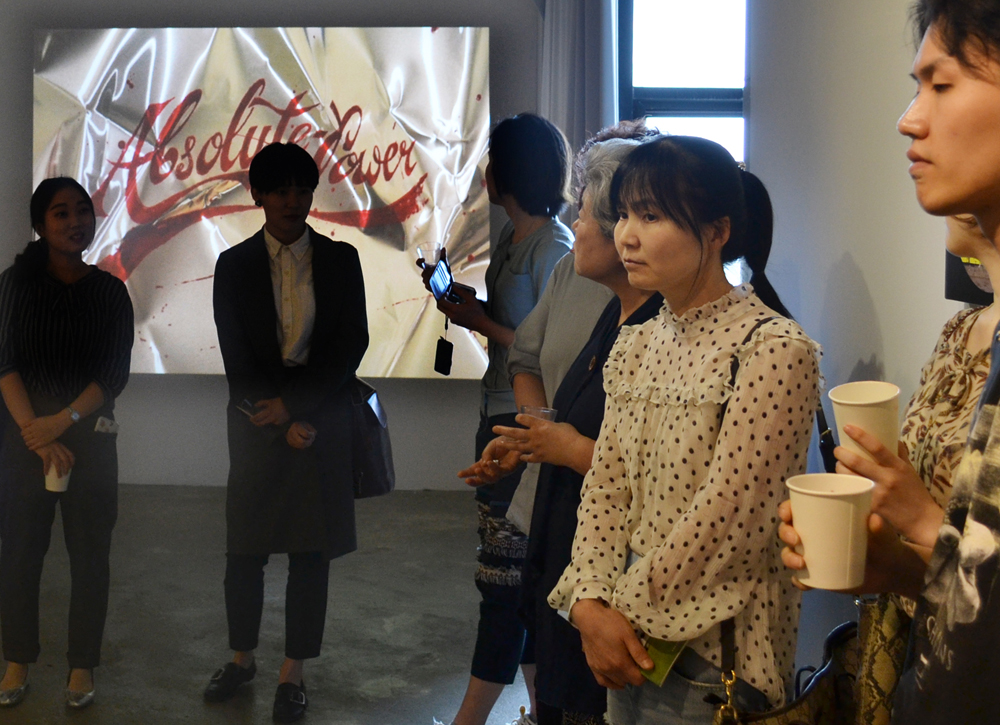
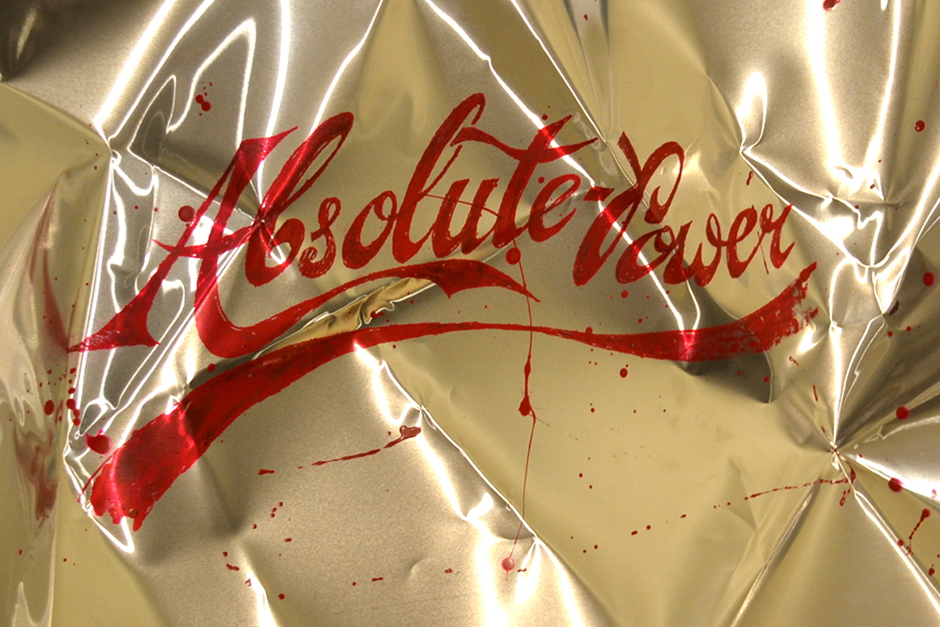
Look Fizzy
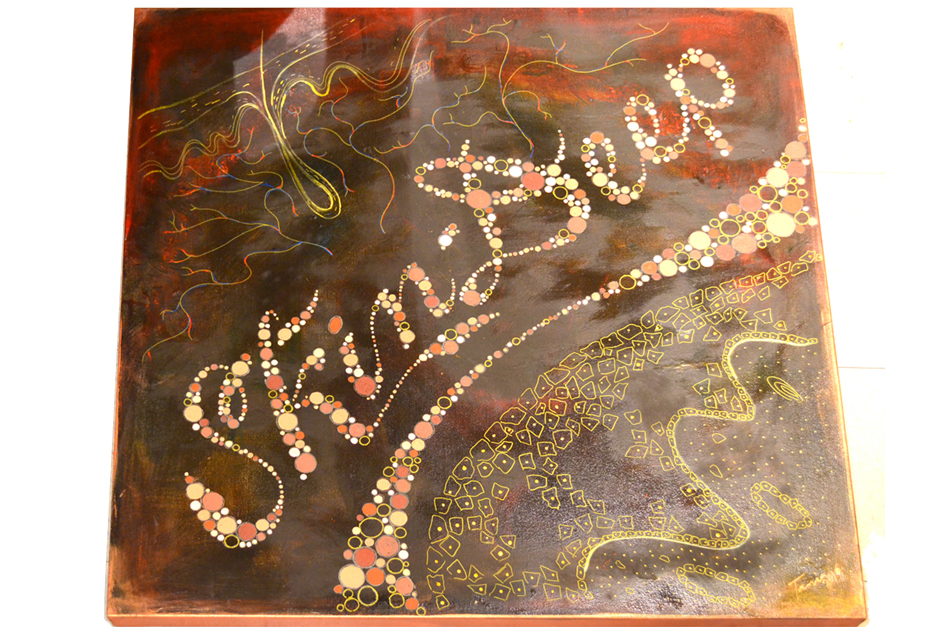
mixed media on canvas
36×36 inches
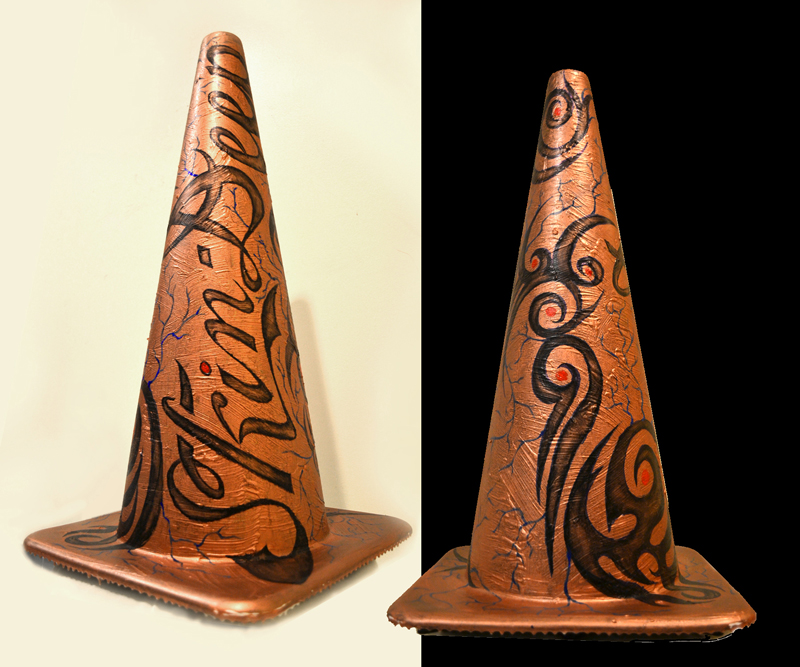
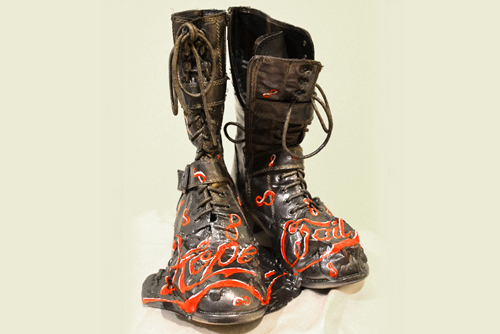
found object sculpture
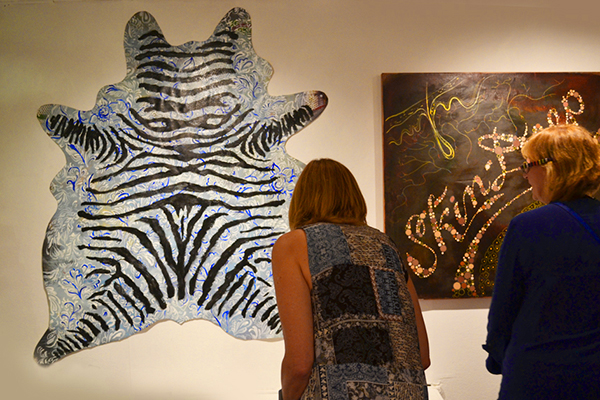
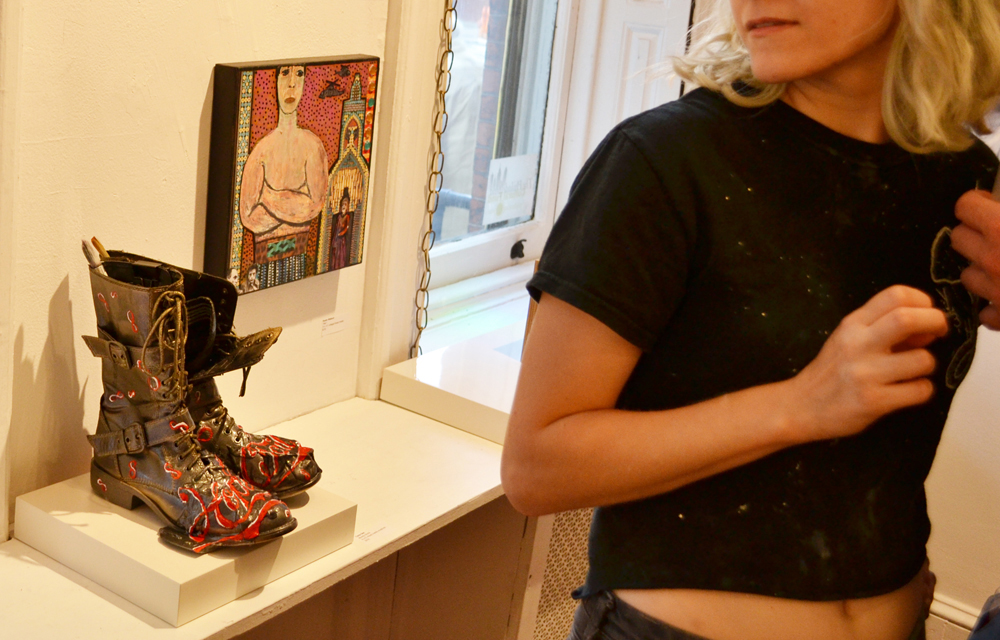
Can an Ideology be sold?
There is dichotomy in the propagation of an otherwise didactic ideology in a commercial form. Hence it raises the question, as to weather or not an ideology can indeed be sold? Can an ideology be sexy even if it requires a certain degree of dedication and selflessness? It scopes the limit of the boundary that many of us envision with money.
Keynes emphasized the role of money as a “store of value.” Why, he asked, should anyone outside a lunatic asylum wish to “hold” money? The answer he gave was that “holding” money was a way of postponing transactions. The “desire to hold money as a store of wealth is a barometer of the degree of our distrust of our own calculations and conventions concerning the future.
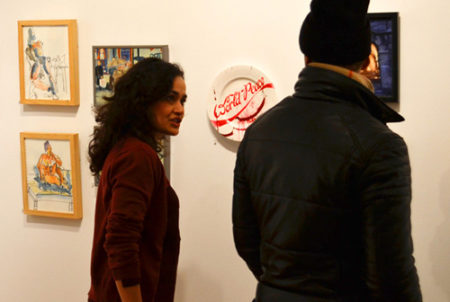
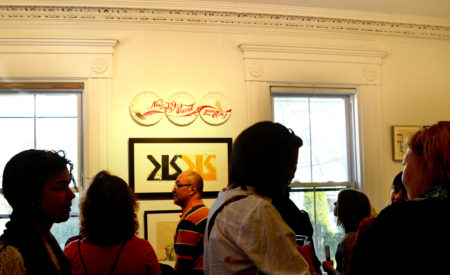
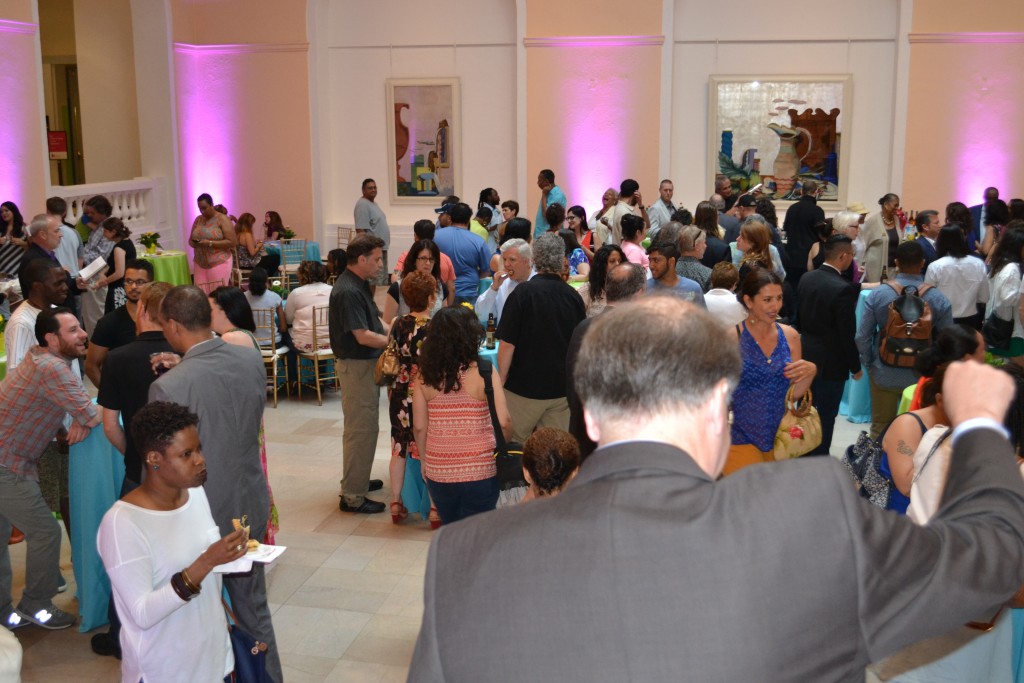
Us & Them and Other Sculpture | Please Touch and Relief Works

